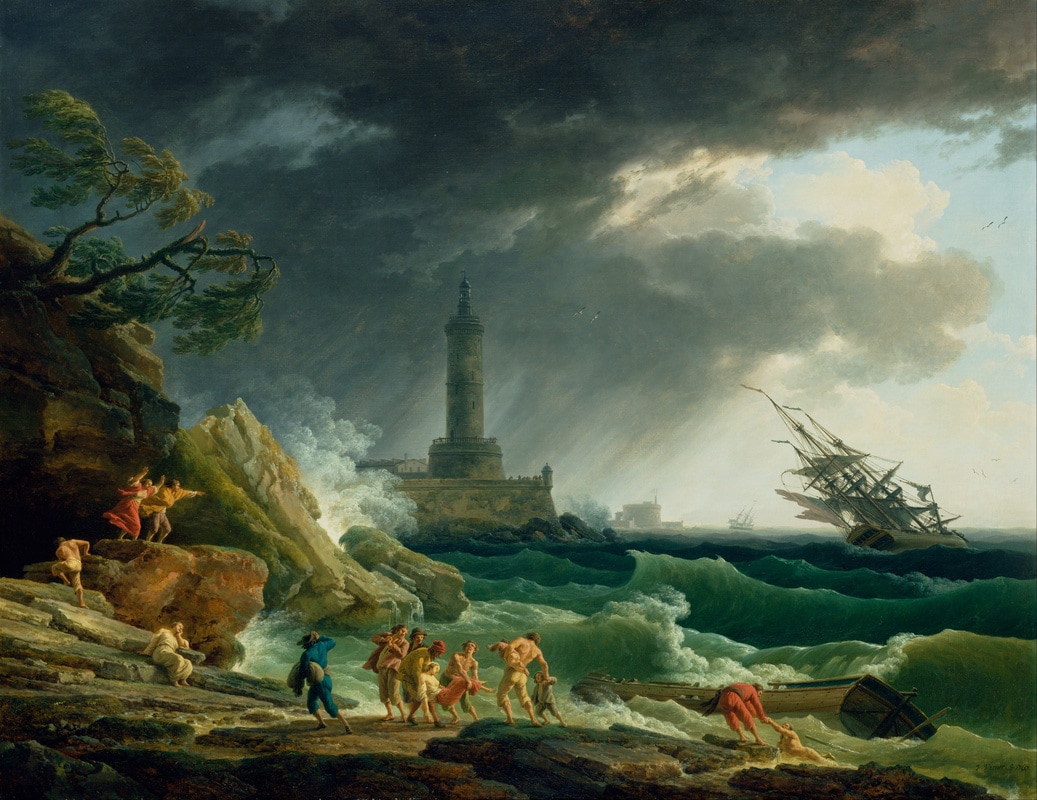|
José of Lisbon In the small hours of the first Leap Day in the Gregorian calendar, José of Lisbon was born. He opened his eyes against the smoky light of the candle, smelled the fish rotting under the piers, and heard the grating mews of the stars moving in the black sky. José cried, hiccupped, and went straight to his mother’s breast. But even that first night the path of stars never let him rest. José’s mother used her breasts to mute the clacks and squeals of the stars for José, but still the baby cried in frustration. By the age of five, José cringed at sunset; the North Star twinkled like a rusted gate creaking back and forth. Never mind the cacophony of screeching and caterwauling of the lesser stars. At night he would fill his ears with straw or wool and bound his head with a cloth. His mother would recite the prayers every good Catholic knew, and José knelt alongside her, hoping God would listen to their pleas. On Sundays they walked to the cathedral and knelt before the statue of Mary. “Please, God,” José prayed. “Let the sun remain in the sky if not for the rest of my days, at least for one. One night’s peace is all I ask for.” When José came of age, he left home to claim his fortune. He walked up the gangplank of a ship bound for the Americas, bowed once to his faithful mother, and prayed the restless sea would be the solution. Surely the lull of the swells, the fury of storms, would drown-out the stars. He sailed for five years and became a rich man; his skin became swarthy and salt-ridden; he grew a beard and tied his hair back with a leather thong. Many men feared his strength and prowess on the ship and in far-away lands. The gold in the ship’s hull gave him security but no peace. At night he prayed like a child in his grand chambers. “Please, God. If you won’t halt the sunset, please stop-up my ears against the stars.” On the seventh Leap Day in José’s life, a rogue wave swept across the Indian Ocean and dashed his ship to pieces. Another wave dumped him on a lonely shore at dawn. He walked inland until he found a group of pilgrims on their way to Mecca. A very old man, with a myriad of wrinkles and yellow fingernails listened to his tales of woe. “Your fortune may be lost,” the ancient said, “but no longer will the stars be an affliction.” Without ceremony the man tapped José on the forehead twice with the knob of his walking staff. “May Allah always be with you,” he proclaimed in a voice of aged authority. “Am I cured?” José asked and took the man’s gnarled hand in gratitude. “No, my son.” The man looked up at José with a toothless grin. “But now, you have two gods to complain to.” Sarah Kilgallon This short story was first published as a chapbook by the Harvard Bookstore. The story was inspired by a character in a story by Gabriel Garcia Marquez. Click here to read "A Very Old Man With Enormous Wings." The painting was selected by The Ekphrastic Review and was not the source of inspiration for the story. Sarah Kilgallon is a Boston writer who studied at Lesley University and the University of Massachusetts. She is also involved in initiatives to help refugees and immigrants.
1 Comment
Your comment will be posted after it is approved.
Leave a Reply. |
The Ekphrastic Review
COOKIES/PRIVACY
This site uses cookies to deliver your best navigation experience this time and next. Continuing here means you consent to cookies. Thank you. Join us on Facebook:
July 2024
|




